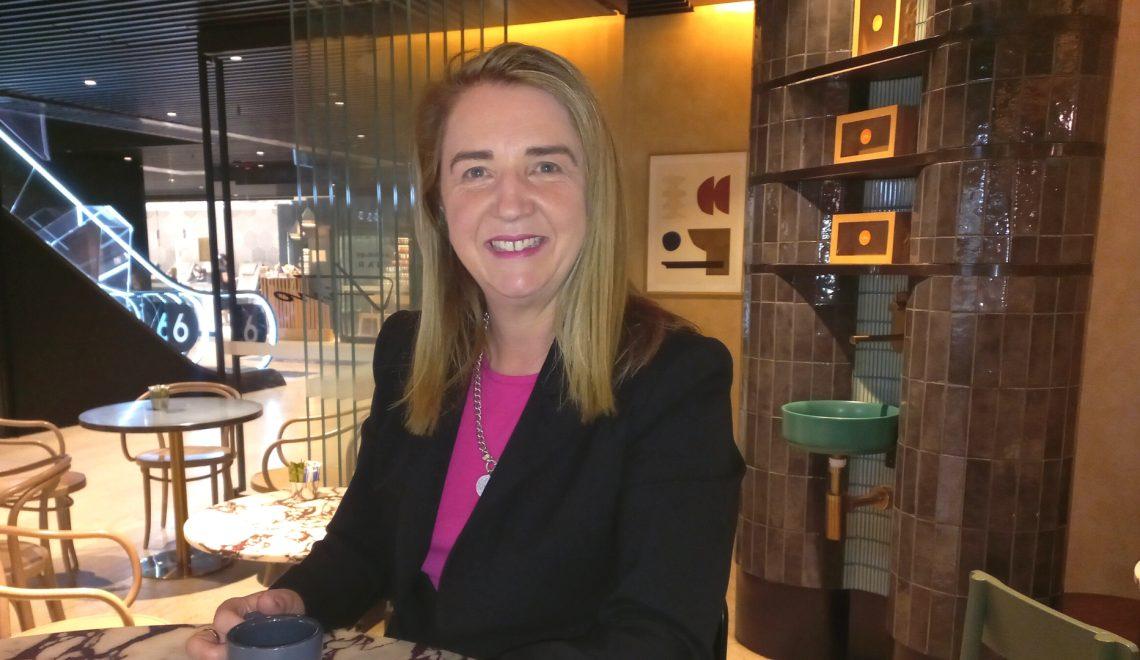
When separated couples are considering attending mediation to resolve their family law dispute, the two most important initial issues for them to consider are, firstly, whether their situation is suitable for mediation and, secondly, if so, choosing the right mediator.
Not all people’s circumstances are suitable for mediation. For example, if there was family violence during the relationship, if there is a significant power imbalance between the parties, or if the parties have a history of poor communication, it might be that mediation is unsuitable to their situation.
If you are unsure whether your situation is suitable for mediation, you should identify a family mediator and ask them. If you think that your situation is suitable for mediation, you will need to speak with your former spouse and both agree on engaging a mediator who is appropriate for your particular circumstances.
Family mediators come from various backgrounds. Some are qualified psychologists or social workers who are not legally trained. Others are lawyers by training who practise both family law and family law mediation.
Family lawyers who also work as mediators do not represent either person in the mediation. Their role is as a neutral, independent third-party facilitator. In saying this, it is often appropriate for the legally trained mediator to express a legal view about issues that arise at the mediation.
Mediation provides separated couples with an excellent opportunity to achieve outcomes quickly and without the need for costly and protracted litigation.
One of the benefits of attending mediation with a mediator who is legally trained is that you will receive the benefit of their guidance and views on the family law legal issues that arise during the course of the negotiations.
Before you attend the joint mediation conference, it will usually be necessary for the mediator to meet with each individual party separately to get an understanding of their needs, concerns and desired outcomes. This is sometimes called an intake or pre-mediation conference.
Before you attend the intake meeting with the mediator, you should be clear about the issues that you want to raise at the mediation, your desired outcomes and the issues that you are and are not willing to negotiate on. You should also discuss and explore all possible options with the mediator by asking questions and being open to take guidance.
When you attend the joint mediation conference with the other party, it is important for each of you to provide the other with an opportunity to express their views uninterrupted in a mutually respectful and supportive manner. If people talk over one another and say things that are disrespectful, they are unlikely to get the best out of the process.
It is also important to understand that you will not get everything that you want out of the mediation. Mediation is ultimately a process of give and take; it is not about winning and losing. Flexibility and understanding are key to achieving successful outcomes.
If you and your former spouse reach agreement about any or all of the issues in dispute at the mediation, you will need to consider whether you want to document the agreement or not. One of the other benefits of engaging a legally trained mediator is that they can assist people to document their agreements.
At Boyce & Boyce, we practise in all areas of mediation and alternative dispute resolution to assist people to resolve family law issues involving their children and finances following separation. We provide all our mediation clients with sensitive and supportive attention that is solution focussed, practical and designed to achieve lasting outcomes.
Contact Boyce & Boyce Lawyers
Phone: 1300 316 997
Email: enquiry@boycefamilylaw.com.au
Website:www.boycefamilylaw.com.au














